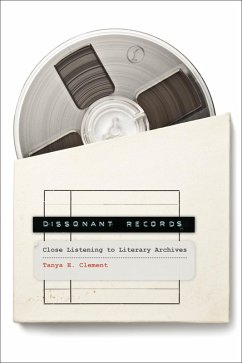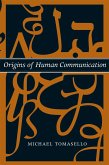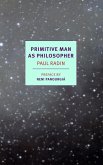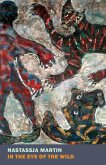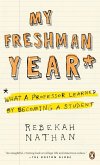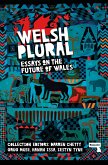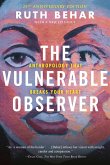How archives obscure recorded media-and the case in favor of discovering them. Silence is not absence. It may be perceived as meaningless, or it may not be perceived at all, but it takes up space. In Dissonant Records, Tanya Clement makes the case for spoken word audio recordings within the archives. She explains why we tend to not use these audio recordings in research, what silences exist in the cultural record, and what difference it makes when we start to listen. From recordings of the survivors of the 1921 Tulsa Massacre to Anne Sexton's recorded therapy sessions, Clement illustrates the myriad ways in which our current use of archives precludes the use of invaluable recorded texts. Whom, what, and how are we not studying in our cultural histories? Why, Clement asks, do audio recordings typically garner little interest? This book dissects the institutional and disciplinary blockades that discourage the use of spoken word audio recordings in research and teaching while interrogating how institutions and researchers can be selectively biased in favor of print and against the seemingly more ephemeral, time-based objects of our archives. History-making is a messy, sociotechnical process, the author explains, and our understanding of culture can only be made better when we listen more closely to the noise.
Dieser Download kann aus rechtlichen Gründen nur mit Rechnungsadresse in A, B, BG, CY, CZ, D, DK, EW, E, FIN, F, GR, HR, H, IRL, I, LT, L, LR, M, NL, PL, P, R, S, SLO, SK ausgeliefert werden.

